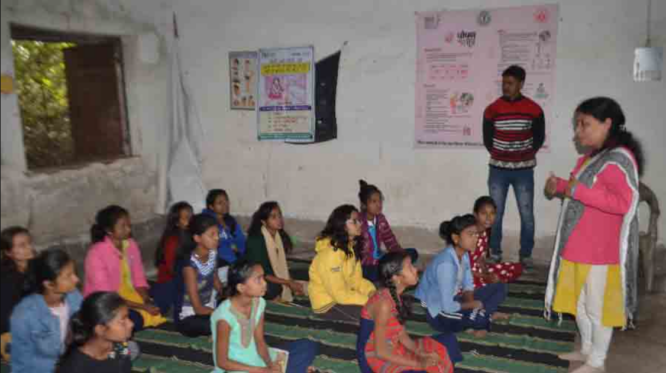
Rural India needs reproductive health education 2023
Sanjh
- 0
Our country, especially rural India, has struggled to discuss women’s reproductive health due to a lack of awareness, gender inequity, and cultural shame and shyness. We must prioritize rural women’s reproductive health while recovering from the epidemic.
We view pregnancy as normal and joyful. However, it is also necessary to address its health issues so women may make unrestricted and well-informed decisions for prompt professional treatments to safeguard their health and complete wellness.
Talking about rural Indian women’s reproductive health is difficult because they lack financial independence and cultural stigmas around menstruation and sexuality. Thus, stakeholders and social workers must use careful wording during awareness efforts.

Education about reproductive health is essential in India’s rural areas.
Family planning is the first step toward reproductive health and rights knowledge. The unfavorable impacts of early pregnancy, back-to-back pregnancies, and birth control must be addressed here. Family planning helps women understand health risks and have the number of children they want without unplanned pregnancies.
Reproductive health should also include teenagers. Due to child marriage and a lack of awareness about contraception and pregnancy problems, teen pregnancies are more widespread than we thought.
In traditional and conservative homes, women are taught to care for their families and neglect their own health. They may ignore a malignant ache. They also avoid hospitals out of humiliation at the prospect of showing male physicians their bodies. Structures hinder therapy.
Reproductive health neglects menstrual hygiene. Menstrual hygiene is essential to reproductive health. The woman’s mental health should also be acknowledged, and mental health stigmas related to pregnancy and postpartum should be addressed.
Reproductive health is shaped by gender, social position, disability, economic situation, age power dynamics, and education. Gender sensitization and advocacy for gender equality must complement reproductive health awareness in orthodox homes, because women are valued less and their health care is perceived as a financial burden.


